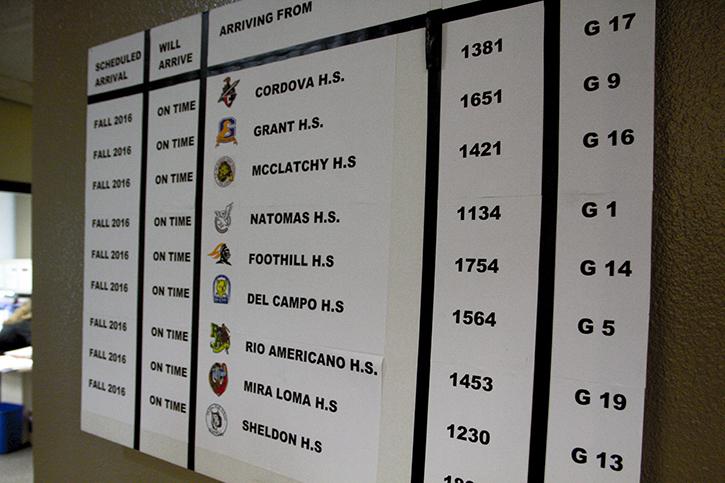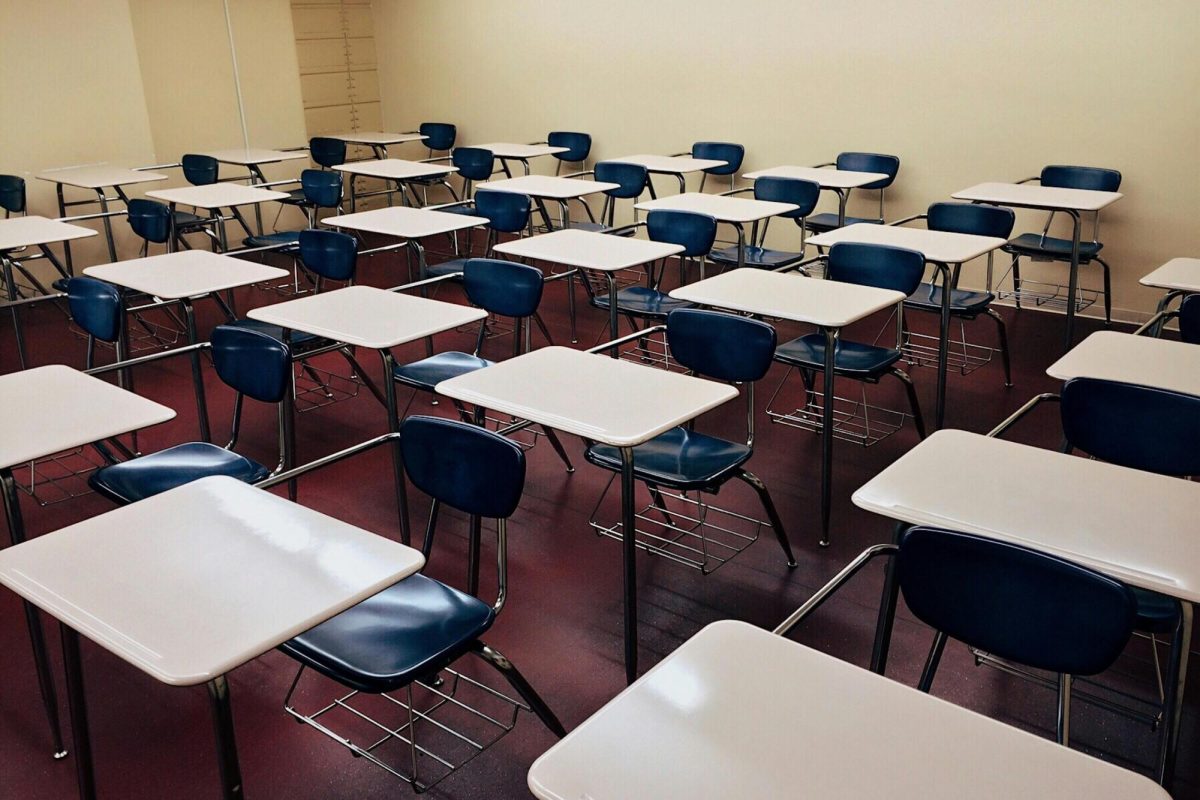Every year, a college education becomes more of a necessity for most jobs, yet there doesn’t seem to be proper coordination between high schools and colleges to ensure success for students once they reach higher education.
In 2014, a national survey showed that 46 percent of high school graduates reported having “large” gaps in their preparation for life after high school.
The College Atlas reported that 70 percent of Americans will study at a four-year college but more than a third of them won’t graduate.
According to the National Student Clearinghouse in 2014, a startling 46 percent of students between the ages of 20 and 24 had dropped out and another 10 percent had moved on to a different college.
With this large of an amount of students not completing their college education, the disconnect between college and high school education can be found in the expectations outside of the classroom.
The majority of homework assignments in high school are busy work, consisting of a lot of memorization and copying down the textbook, while college work requires much more critical thinking.
This makes a “copy down 50 vocabulary words every week” assignment is practically nonexistent.
The argument has been made by many high school teachers and counselors that in order to prepare for critical thinking assignments, students must first focus on the lower knowledge-based assignments such as those involving memorization.
However, this reliance on rote education creates difficulties for students moving onto the college classroom.
According to the New York Times, 30 percent of college students drop out after just the first year.
Even though all of these statistics are readily available, there seems to be little to no recognition by school officials, on both ends, that students are having a really tough time transitioning to higher education.
Advanced Placement (AP) classes in high school have shown the success that colleges and high schools can have when coordinating curriculum, but the students who take these classes are the minority.
By implementing that same philosophy into regular classes, the increase in success at secondary education could be large.
School officials, for the most part, do not seem inclined to change their approach in preparing students for college, so it is on the students to get their voices heard that they need a better recipe for success.








